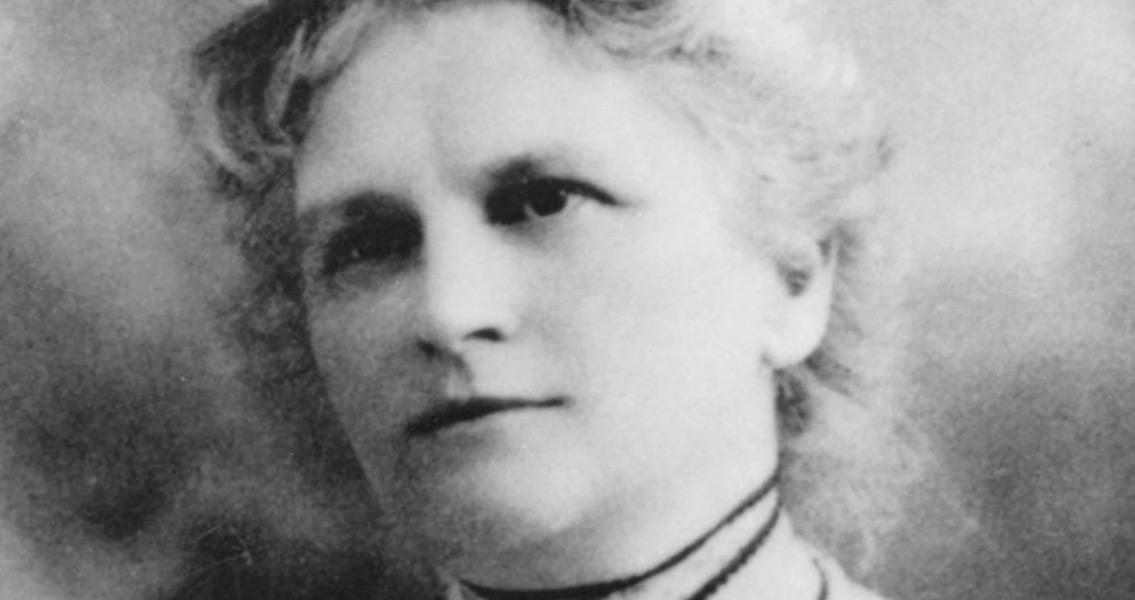<![CDATA[Kate Chopin's 'Awakening' is a novel which explores female desire and empowerment, the constraints of society, and the separation between personality and identity. Published in 1899, it was a book which seemed to herald the start of the twentieth century, a century which brought women more power and influence than they had ever had before. The novel opens in late 1890s Louisiana at Grand Isle, a holiday resort popular within upper class Creole society. The protagonist, Edna Pontellier, is vacationing at the result with her husband, Leonce, and two children. The nature of the resort sees each family stay in their own accommodation, but eat their meals in a communal dining hall alongside other holiday makers. Each of the other characters introduced at the resort serves as an allegory of a certain element of society, such as Madame Ratignolle, a close friend of Edna's with a radically different philosophy to raising a family. Ratignolle represents the archetype of a woman fulfilling all of the expectations of society, the epitome of a house wife and mother whose personal identity is obscured by the one expectation has placed on her. Ratignolle's antithesis is Mademoiselle Reisz, a figure who represents defiance of societal expectations. She offends many of those around her with her cutting assessments of others, failing to comply with norms of politeness and respect. Significantly however, she takes a liking to Edna and they become friends. Reisz is a gifted pianist who gives a moving, passionate concert at the resort, revealing a sensuality through music often frowned at in women at the time. Crucially, this musical performance stirs long lost passions within Edna. "The very first chords which Mademoiselle Reisz struck upon the piano sent a keen tremor down Mrs. Pontellier's (Edna's) spinal column. It was not the first time she had heard an artist at the piano. Perhaps it was the first time she was ready, perhaps the first time her being was tempered to take an impress of the abiding truth." Finally, and perhaps most significantly for Edna, there is Robert Lebrun, a charming figure who attends the Grand Isle resort each summer, usually to engage in a flirtatious romance with a married woman. Edna soon finds herself the target of his affections, furthering the senusual awakening hinted at in her response to Reisz's piano performance. Lebrun's affections cause a dilemma for Edna, an 'Awakening' as her personality emerges from the image she has long conformed to. Lebrun has triggered her sensuality, which upon her return to New Orleans transforms into a broader desire for greater freedom. She indulges in an affair with Alcee Arobin, and pursues her love of painting at the expense of her responsibilities around the home. Eventually, Lebrun arrives in New Orleans and declares his intention to marry Edna. Her rebellion however, has turned into a complete refusal to conform to societal expectations. The novel ends with Edna swimming out to sea to escape society, leaving the reader to assume she drowns. The message is clear, and for the time it was shocking. The Awakening isn't a steamy romantic novel, about a woman breaking the shackles of one marriage to enter into a equally patriarchal relationship with another man. Edna's refusal to marry Lebrun before fleeing to the sea shows a woman rejecting societal structures totally. Perhaps unsurprisingly, 'Awakening' was slated by critics on its release for its depiction of female sexuality and explicit questioning of society's expectations, a testament to just how ahead of its time the novel was. Over a century later, the work is celebrated as a key early work in the development of feminism in the United States.]]>
Escaping Society: Kate Chopin's 'Awakening'
